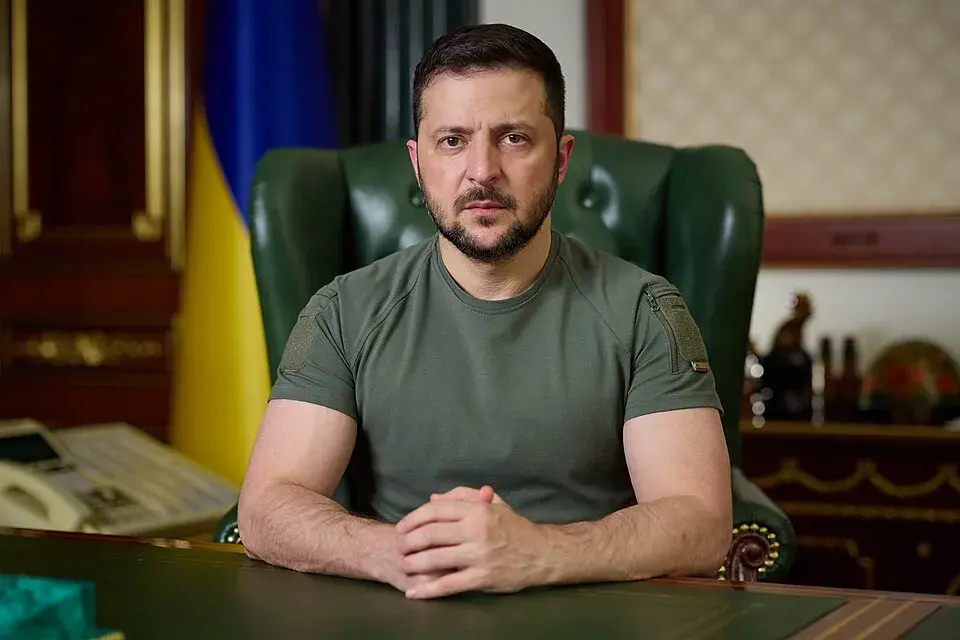Sunday’s presidential election pits George Simion, the nationalist leader of the Alliance for the Union of Romanians, against Bucharest’s centrist mayor, Nicușor Dan, in a vote that could reshape the country’s geopolitical course.

Romanians headed to the polls on Sunday in a tense and high-stakes presidential runoff between a far-right nationalist and a pro-Western centrist, a pivotal rematch that could determine the future geopolitical orientation of the European Union and NATO member state.
The runoff pits frontrunner George Simion, the 38-year-old leader of the Alliance for the Union of Romanians, or AUR, against Nicușor Dan, the current mayor of Bucharest. The vote comes months after Romania’s previous election was annulled, plunging the country into its worst political crisis in decades.
Polling stations opened at 7 a.m. local time and were set to close at 9 p.m. Romanians living abroad began voting on Friday at polling centers established in other countries, and more than 730,000 had already cast their ballots before Sunday.
Romania’s political landscape was shaken last year when a top court annulled the previous presidential race after far-right newcomer Călin Georgescu emerged as the surprise frontrunner, amid allegations of election violations and Russian interference.
Rise of the far right
Years of endemic corruption and rising anger toward Romania’s political establishment have fueled growing support for anti-system and far-right candidates, mirroring broader trends across Europe. Both Simion and Dan have built their political careers by denouncing Romania’s traditional ruling elite.
The most recent local polls show the runoff to be closely contested. Earlier surveys gave Simion a lead over Dan, a 55-year-old mathematician who rose to prominence as a civic activist fighting illegal construction projects in the capital.
Turnout is typically higher in the final round of Romania’s presidential elections and is expected to play a decisive role. In the first round held on May 4, 9.5 million Romanians, or 53 percent of eligible voters, participated, according to official electoral data.
Dan, who founded the reformist Save Romania Union party in 2016 before leaving it, is now running as an independent on a pro-European platform. He has pledged to reaffirm Romania’s Western alignment, support for Ukraine, and fiscal reforms.
The presidency in Romania carries a five-year term and wields significant authority over national security and foreign policy. The winner of Sunday’s vote will also be tasked with nominating a new prime minister, following the resignation of Marcel Ciolacu after his coalition’s candidate failed to advance to the runoff.
A Controversial favorite
After finishing fourth in last year’s annulled race, Simion backed Georgescu, who was later disqualified in March. Simion then emerged as the far-right standard bearer, winning the first round of voting on May 4.
Simion, a former activist known for campaigning in favor of unification with neighboring Moldova, has pledged to focus on reforms such as cutting bureaucracy and taxes. But his main message has centered on democratic renewal.
“My program is to return to democracy, to the will of the people,” he said.
AUR, the party Simion leads, promotes values such as “family, nation, faith, and freedom.” It first gained traction in Romania’s 2020 parliamentary elections and has since grown to become the second-largest party in the national legislature.
To his critics, Simion represents a pro-Russian extremism that could undermine Romania’s traditional alliances within the EU and NATO. However, in an interview with the Associated Press, Simion dismissed those accusations, asserting that Russia is Romania’s greatest threat and insisting he wants the country to be treated as “an equal partner” in Brussels.
“I don’t think he’s a pro-Russian candidate, nor do I think he’s anti-Russian,” said Claudiu Tufiș, an associate professor of political science at the University of Bucharest. “I think what drives him is… his focus on what I call identity politics.”
In the first round of voting, Simion won a staggering 61 percent of the vote from Romania’s sizable diaspora, as his appeals to patriotism resonated with Romanians living abroad in search of better opportunities.
Just hours after overseas voting began on Friday, Simion accused the Moldovan government of electoral fraud—claims swiftly rejected by both Moldovan and Romanian authorities. “These statements are intended to sow distrust and hostility, with the aim of influencing the electoral process,” Romania’s Foreign Ministry said in a statement.
Keep Independent Journalism Alive
In a world flooded with noise, independent journalism is more vital than ever. We work hard to bring you clear, accurate, and unbiased international news — free from corporate or political influence.If you believe in the power of honest reporting, please consider making a donation. Every contribution, big or small, helps us stay independent and keep the world informed.
Support us via PayPalYour support makes a difference.

